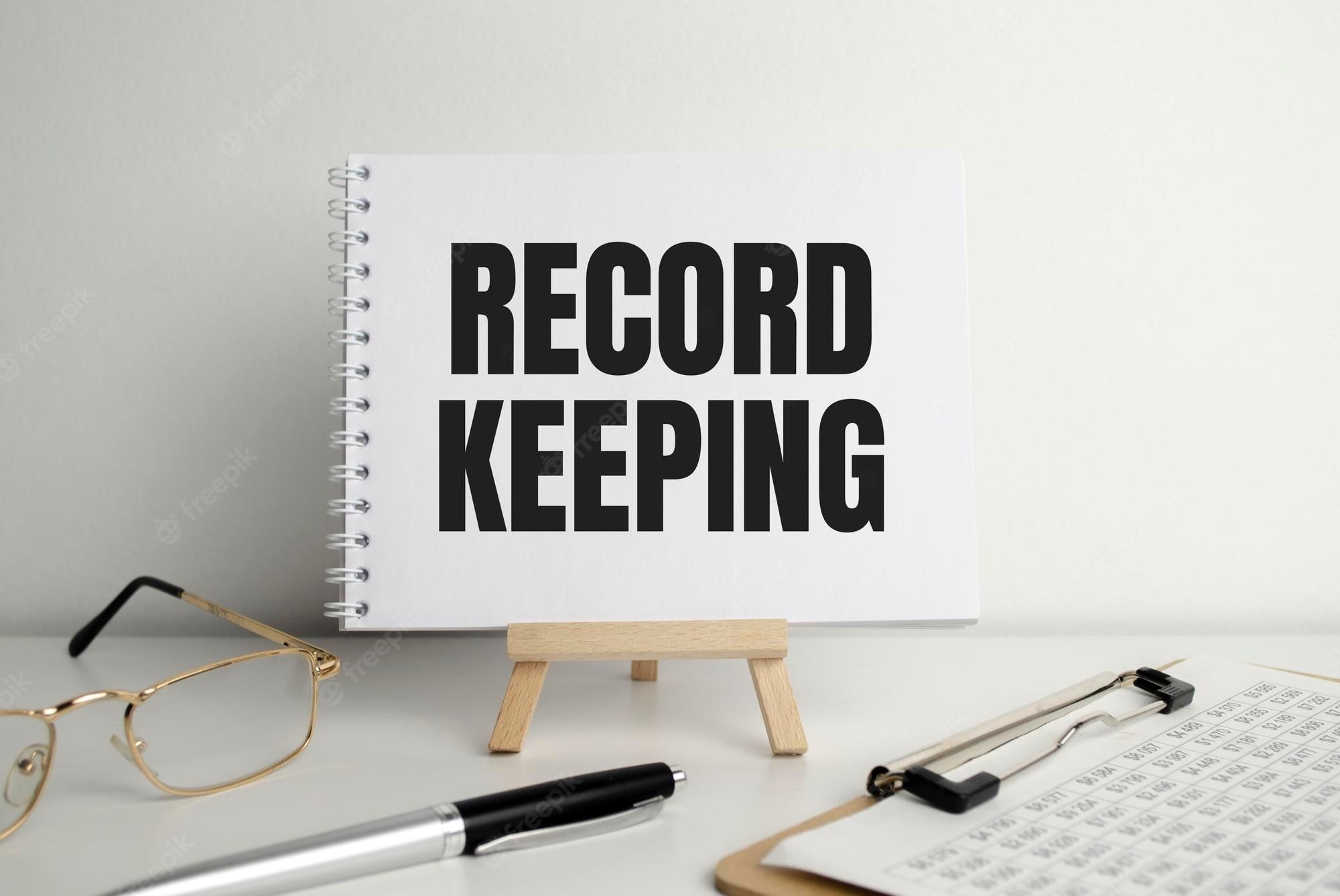A Beginner’s Guide to Growing Your Wealth
 Investing
Investing
Investing is one of the most powerful ways to build wealth over time. While it may seem daunting at first, understanding the basics can help you make informed decisions and achieve your financial goals. Whether you’re saving for retirement, education, or a dream home, investing is a tool that can help your money work for you.
What is Investing?
Investing is the act of putting your money into assets that have the potential to generate returns over time. Unlike saving, where your money sits idle in a bank account, investing aims to grow your wealth by leveraging opportunities in financial markets, real estate, or other ventures.
Why Should You Invest?
- Beat Inflation: Inflation reduces the purchasing power of money over time. Investing allows you to grow your wealth at a rate that outpaces inflation.
- Compound Growth: The earlier you start, the more time your investments have to grow. Compounding lets your returns generate their own returns, exponentially increasing your wealth.
- Achieve Financial Goals: From buying a house to retiring comfortably, investing helps turn long-term aspirations into reality.
Types of Investments
- Stocks: Buying shares of companies gives you partial ownership. Stocks can offer high returns but come with greater risks.
- Bonds: These are loans you give to governments or corporations in exchange for regular interest payments. They are generally less risky than stocks.
- Mutual Funds and ETFs: These pool money from many investors to buy a diversified portfolio of stocks, bonds, or other securities.
- Real Estate: Investing in property can provide rental income and capital appreciation.
- Cryptocurrency: A highly volatile but growing investment avenue, involving digital currencies like Bitcoin and Ethereum.
- Savings and Fixed Deposits: Low-risk options that offer steady but modest returns.
How to Start Investing
- Set Financial Goals
Understand why you’re investing. Are you saving for retirement, a major purchase, or to grow wealth? Your goals will shape your strategy. - Understand Your Risk Tolerance
Different investments come with varying levels of risk. Assess your comfort level with potential losses before committing your money. - Create a Budget
Determine how much you can afford to invest after covering your essential expenses and maintaining an emergency fund. - Educate Yourself
Learn the basics of investing through books, online courses, and financial blogs. Knowledge reduces uncertainty and helps avoid costly mistakes. - Start Small
Begin with a small amount of money. Many platforms allow you to invest with as little as $10, making it accessible to everyone. - Diversify Your Portfolio
Spread your investments across different asset classes to reduce risk. A balanced portfolio helps cushion against market volatility.
Tips for Successful Investing
- Think Long-Term: Don’t get swayed by short-term market fluctuations. Patience often leads to better returns.
- Automate Your Investments: Use tools like SIPs (Systematic Investment Plans) to invest consistently.
- Monitor and Rebalance: Regularly review your portfolio to ensure it aligns with your goals and risk tolerance.
- Avoid Emotional Decisions: Stick to your plan and avoid impulsive decisions driven by fear or greed.
Risks to Consider
Every investment carries some level of risk. Stocks might lose value, real estate prices can dip, and even bonds can default. Understand these risks and only invest money you can afford to lose.
Conclusion
Investing is a journey that requires planning, discipline, and knowledge. Starting early and making informed decisions can help you harness the power of compounding and achieve financial independence. Remember, there’s no one-size-fits-all approach—your strategy should reflect your unique goals, risk tolerance, and timeline.
The key is to take the first step and remain consistent. Your future self will thank you!
Share this content:





















Post Comment